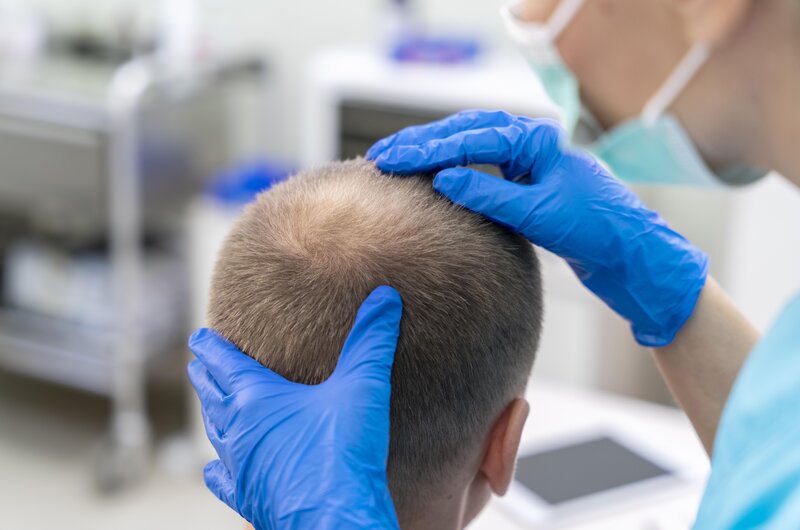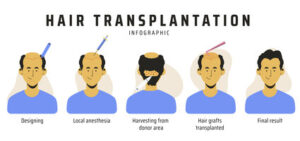To what to expect: 15 days after hair transplant

(Visited 351 times, 1 visits today)

Dr. Baykal Oymak is a highly esteemed transplant specialist hailing from Turkey, boasting an impressive 17-year tenure in the medical field. His professional journey commenced as a dermatologist at Bogazici Hospital in Istanbul, where he began to hone his expertise. Since then, Dr. Oymak has conducted a remarkable tally of approximately 14,000 triumphant hair transplant procedures within Turkey. Additionally, he holds specialization in PRP treatment and Mesotherapy, further solidifying his reputation as a versatile and accomplished practitioner in the realm of dermatology and transplantation. » SCHEDULE YOUR HAIR TRANSPLANT IN TURKEY HERE «

